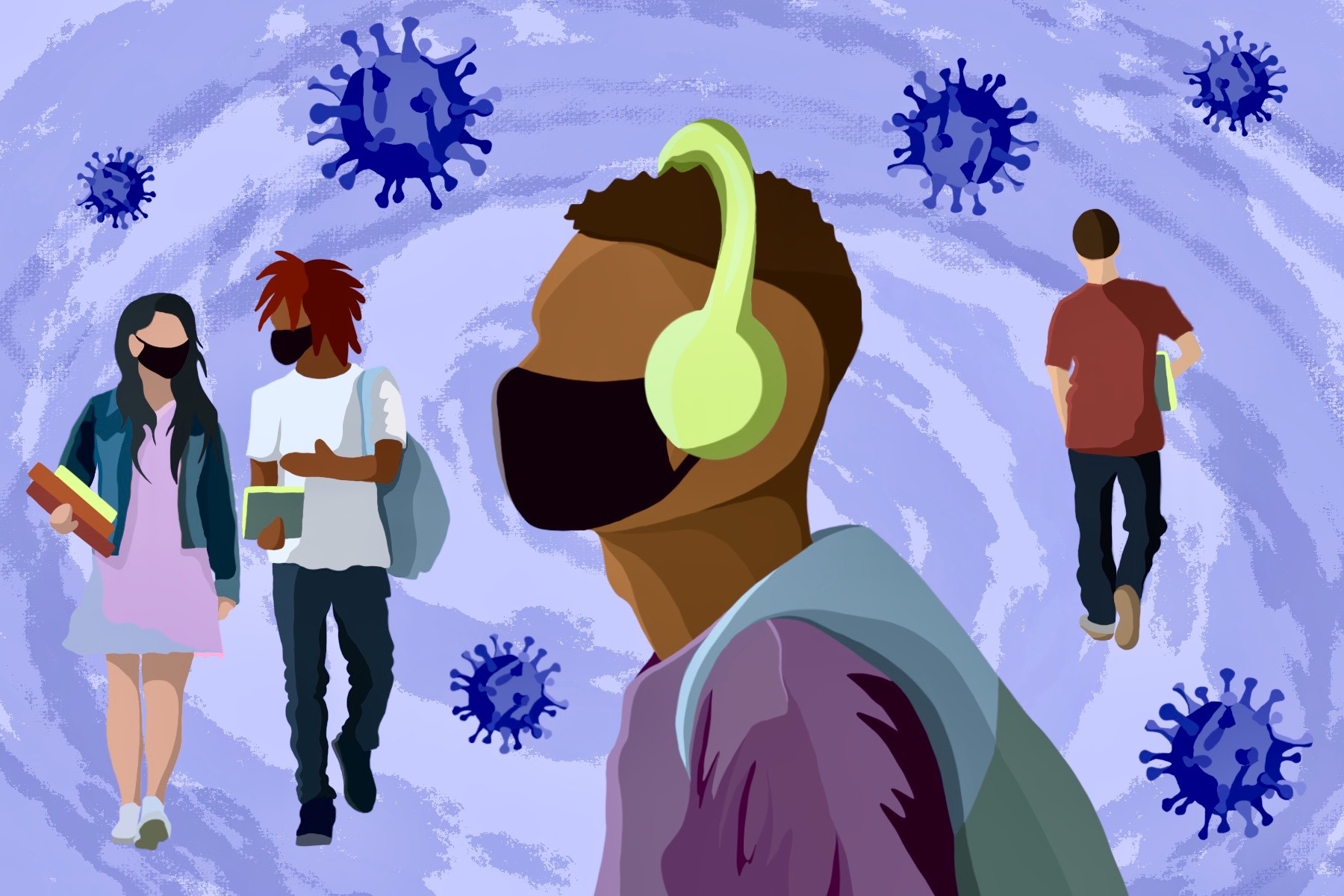You can’t stop this pandemic. Many of the people who were responsible for keeping you safe have failed you, and that is not your fault. I am not saying this to be defeatist — you still have responsibilities. There are ways to keep yourself, your friends and family safe and as far from harm’s way as possible. No matter what you do individually, you will likely see COVID-19 spread across college campuses. However, you can help reduce that spread, encourage your peers to do the same and hold those in power accountable.
1. Stay Home If You Can To Protect Those Who Can’t
For many college students, staying at home is not a good option. Some live without reliable wifi and a quiet place to study. Others rely on campus housing for refuge from unsupportive family situations. Some majors, especially those reliant on labs, are more difficult to complete from home.
However, many of us will be perfectly fine living at home. If online classes are offered at your university and home is a suitable place to study, you can stay there to make campus a safer place for your peers who must attend in person. If you must go to campus, be as cautious as possible.
2. Stay as Physically Distanced as Possible
Ultimately, if we all stayed physically isolated for some time, this pandemic would end. However, this is far from realistic on a college campus. Depending on the extent of your campus’s distancing policies, you may share a room, bathroom, kitchen, dining hall and other common spaces with students.
The amount of danger that these shared spaces hold is in your hands. Stay six feet away from people at all times and wipe down surfaces like tables and desks with disinfectant. The more crowded and less clean a space is, the more likely it is to spread COVID-19.
3. Wear Masks Whenever You Are Around People
It is normal to be confused about masks — the U.S. government unsuccessfully conveyed its message earlier in this pandemic. Worried about a shortage of masks for healthcare professionals, officials told Americans that masks don’t work. However, people in other countries have been using them for years to stop the spread of germs. In addition to being confused by earlier messaging about masks, you may find them uncomfortable.
In good news, science has found that masks work, and you don’t have to wear them all the time. Just wear a mask when you are around other people, making it less likely to catch or transmit COVID-19 and other illnesses. Just remember, masks only work if you wear them over your mouth and nose.
4. Be Honest
We all make mistakes and irresponsible decisions. However, you can mitigate the harm that your past decisions cause if you are honest with both those around you and health authorities. If you test positive for COVID-19 or know you have been exposed, alert everyone you have been in contact with over the past few weeks, no matter how long that list may be. Work with, not against, public health authorities to help them find the people and places you may have exposed. Your embarrassment is worth it, because early detection may save the lives of anyone who came into contact with COVID-19.
5. Encourage Your Friends To Do All of the Above Strategies
You are ultimately as safe as the least cautious person you share spaces with. The suite mate who is out partying every night puts you and everyone else in your living space at risk. The good thing though, is that you have more influence over what your friends and family do than public health authorities.
People care what others think about them — there is a reason peer pressure is hard to resist. Setting ground rules with those around you about physical distancing will help your campus create a culture of slowing the spread. Try not to shame people. These are scary, uncertain times, and we could all use a little more understanding. Instead, work with them to develop strategies to address their social needs in healthier ways than bars and house parties.
6. Hold Leaders Accountable
Many college administrators across the country have made decisions based on the idea that students are customers who demand a certain experience, or they will take their money elsewhere. Based on that cynical view of students, they have put faculty and staff in danger to open faster and more fully than advisable. Let them know that you prioritize the safety of your community first.
Use your influence as a student and member of the community to call out your leaders at all levels. Inform college officials and the local, state and federal government how you feel about their response to the pandemic. Write letters to the editor, call your representatives, sign petitions and look for other ways to advocate. You have influence over what policies get enacted, and those policies shape all of our health — try to use that influence for good.
In Conclusion
You are not invincible, no matter how young and healthy you may feel. Young people like us have and could very likely fall ill with COVID-19, and some will die. If you are careful, you can increase the chances that you, your friends and family, the professors and staff you rely on and the community around you all survive this pandemic. Going back to campus is gambling with your life, but you decide how risky you want that bet that to be.
















